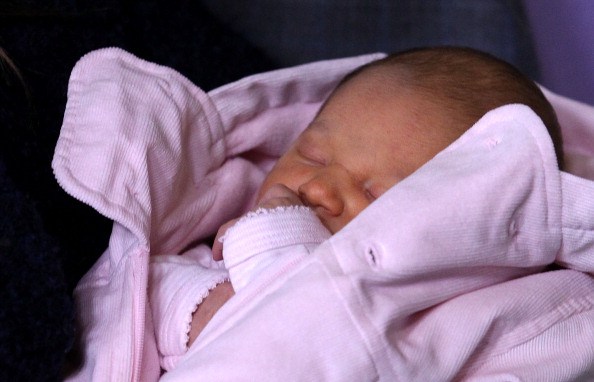
Autism in babies is a controversial subject. Many parents have come on board with the widespread belief that vaccinations are the cause of Autism in some children. This belief comes from the fact that most children who are born with Autism do not present signs until they reach a specific age, which is when a group of vaccinations are given. Autism tends to present itself around age two, when it becomes apparent to parents that their children are not speaking or communicating effectively.
New research, however, is finding that medical professionals can sometimes identify early signs of Autism in children as young as six months old.
Family History
One of the earliest signs of Autism is the fact that it’s hereditary. If you are a parent of a child with Autism, your younger children are 50 percent more likely to be diagnosed with Autism when they get a little older. This is not a guarantee or an actual present sign, but it is an indication.
Infrequent Eye Contact
While it’s not necessarily something to be concerned about in babies, it is something that researchers have noticed in children later diagnosed with Autism. Babies will make eye contact when they’re good and ready, but those who do it less often are the ones who are later diagnosed with Autism.
Lack of Smiles
Another early sign to watch for is a lack of response in terms of smiling. Babies often return smiles given to them by adults and other children, particularly when playing. However, babies who are later diagnosed with Autism tend to show less response in terms of smiles when communicating with others, even at a very young age.
Decreased Activity
Some kids are just born wild and crazy and others are a little more reserved. However, most six month old babies are interested in their surroundings and anything they can do, get to and chew on. Babies who are later diagnosed with Autism, however, show a decreased level of activity around the six month age, taking little to no interest in their surroundings.
Lack of Facial Expression
Babies are very expressive. They have no idea how to control their moods and expressions, so they’re a bundle of adorable faces. Babies who have Autism, however, tend not to show much facial expression. They fixate on one expression and rarely deviate from that.
(Photo by Danny Martindale/Getty Images)

Comments
Loading…